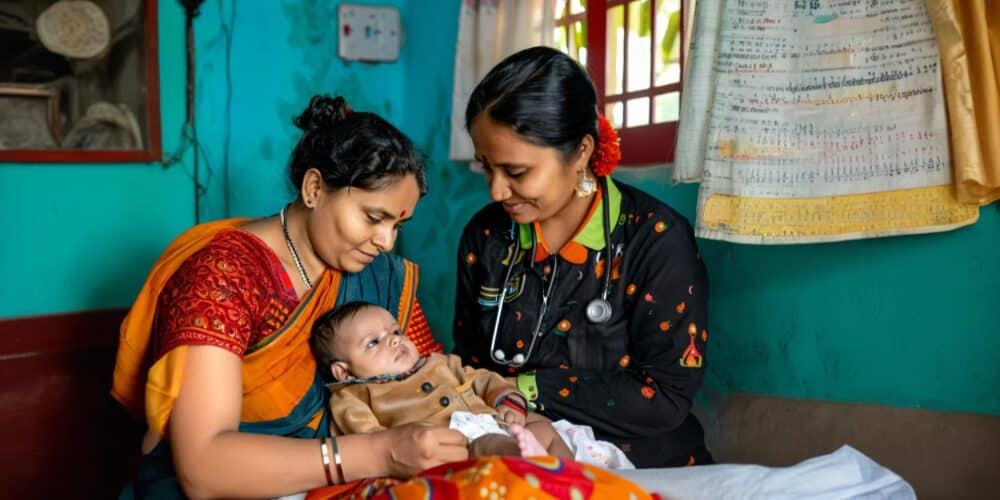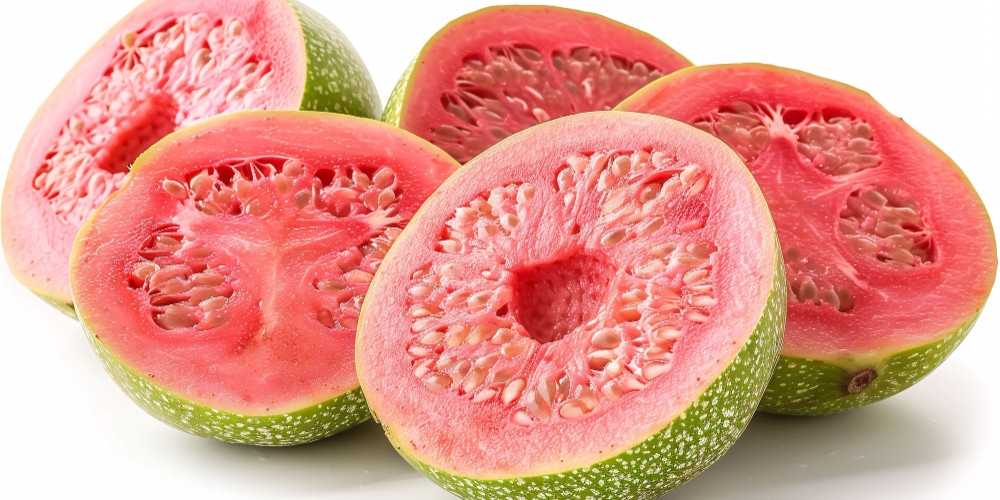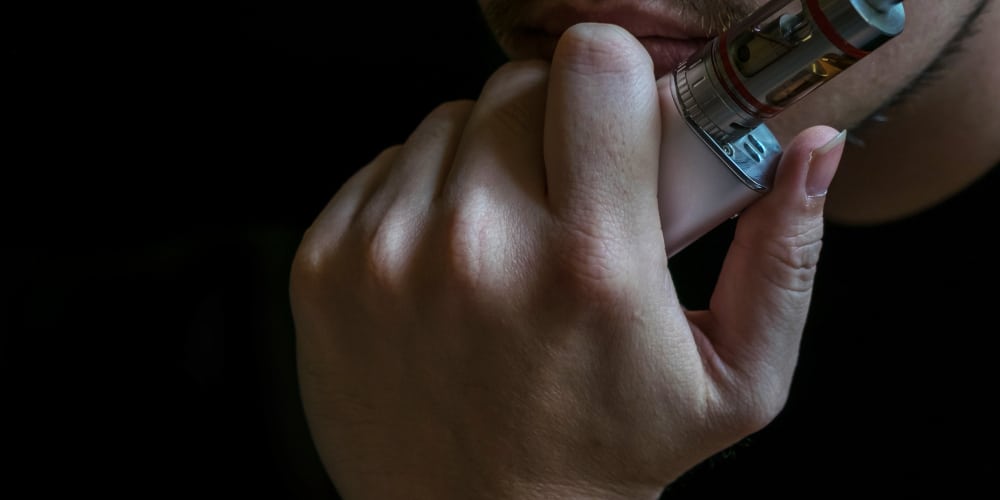FACT CHECK: Does eating fish and milk together harm your health?
Research in the Indian Journal of Dermatology finds no evidence linking fish and milk consumption to white patches on the skin
Author
Author
- admin / 1 year

- 0
- 3 min read

Author
CLAIM:
The consumption of fish and milk leads to white patches on skin
FACT:
Medical evidence supporting this claim is non-existent
There’s a lot of anecdotal wisdom that claims that consuming the fish and milk two together, or within a short interval of each other, could lead to white patches on one’s skin, a condition termed Leukoderma, also known.as Vitiligo.
Recently, a user of the popular social media site Quora asked a similar question: “Can drinking milk after eating fish (or chicken/meat) lead to skin pigment disorder? ”
Here are the facts
Milk comprises water, milk fat, and skim solids, which is an aggregate of protein, lactose, minerals, and other trace elements, such as Iodine. Milk and milk products contain high quality proteins such as Whey and Casein.
Intake of milk and milk products is related to improved bone health and lower risk of cardiovascular disease, hypertension and diabetes.
On the other hand, fish is a source of calcium and phosphorus and is also abundant in minerals, such as iron, zinc, iodine. Further, fish is rich in protein, vitamins, and nutrients that can lower blood pressure and help reduce the risk of heart disease and stroke.
Now does eating them together cause Leukoderma, an autoimmune condition in which patches of skin lose pigment or colour. The condition, also known as Phulbheri in some South Asian countries, occurs when the skin cells that produce the pigment melanin are attacked and destroyed, causing the skin to appear milky white.
However, medical evidence supporting this claim is non-existent. According to research papers published in the Indian Journal of Dermatology, Venereology, and Leprology, there is no scientific evidence to justify a causative association between consumption of fish and milk, and the occurrence of white leukoderma patches among individuals.
“The simultaneous consumption of milk and fish is also discouraged (for vitiligo patients). Although there are numerous websites that host dietary advice for vitiligo patients, there is no scientific data to support or refute these beliefs,” says the study
(Do you have a health-related claim that you would like us to fact-check? Send it to us, and we will fact-check it for you! You can send it on WhatsApp at +91-9311223141, mail us at hello@firstcheck.in, or click here to submit it online)









